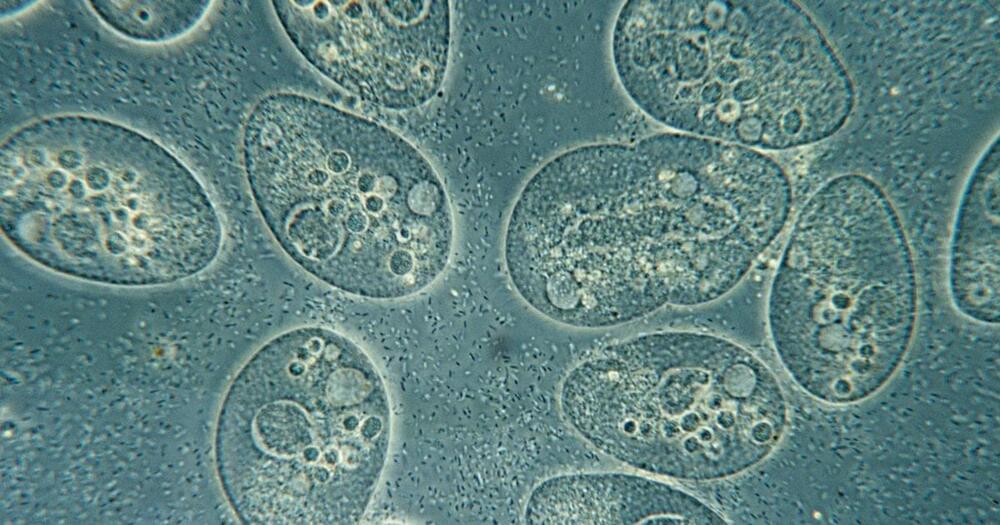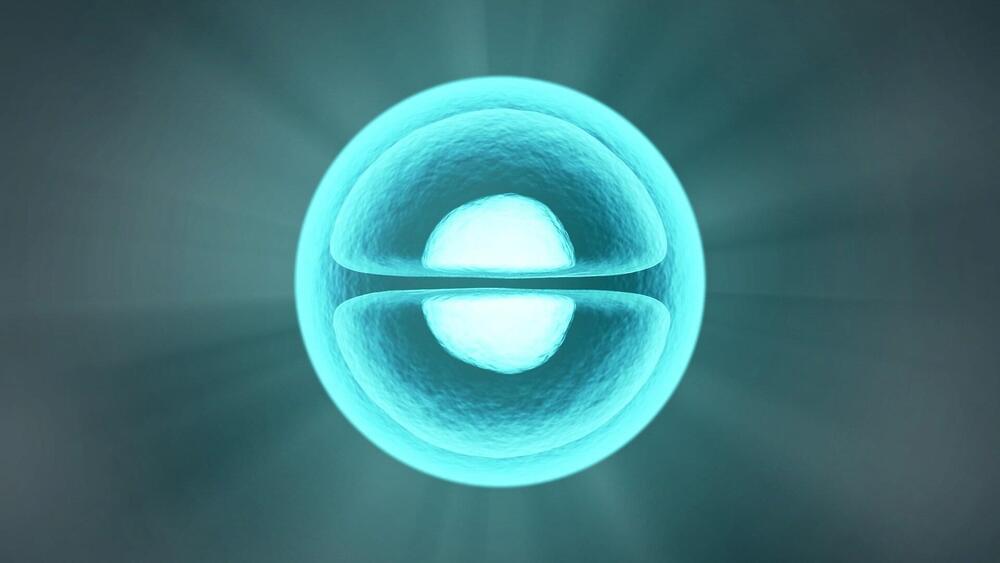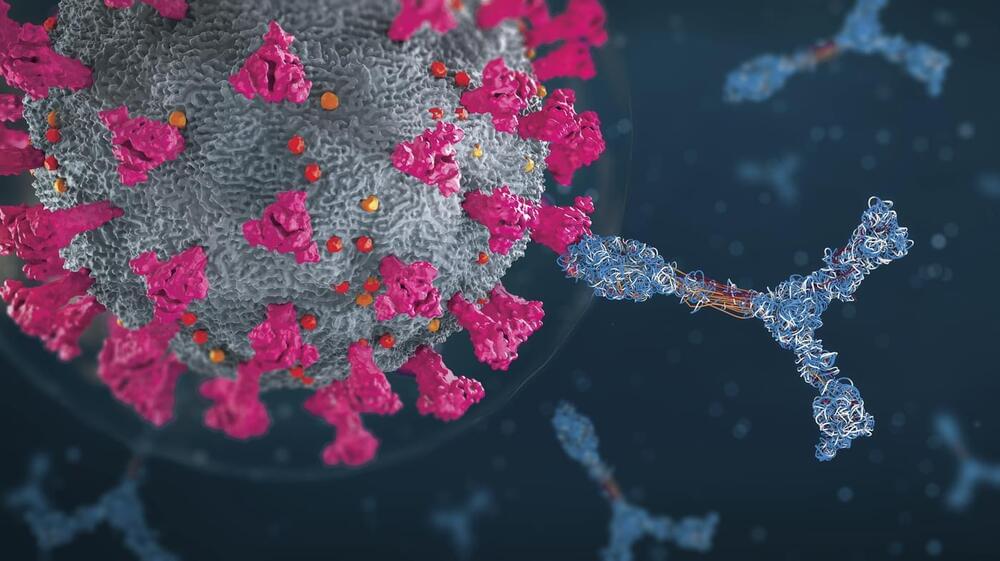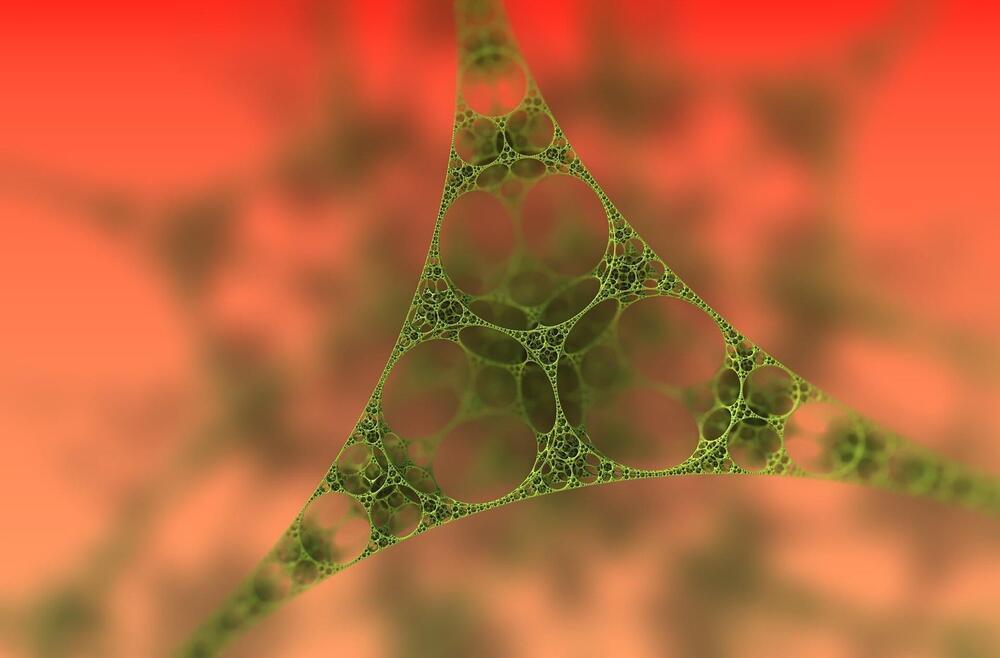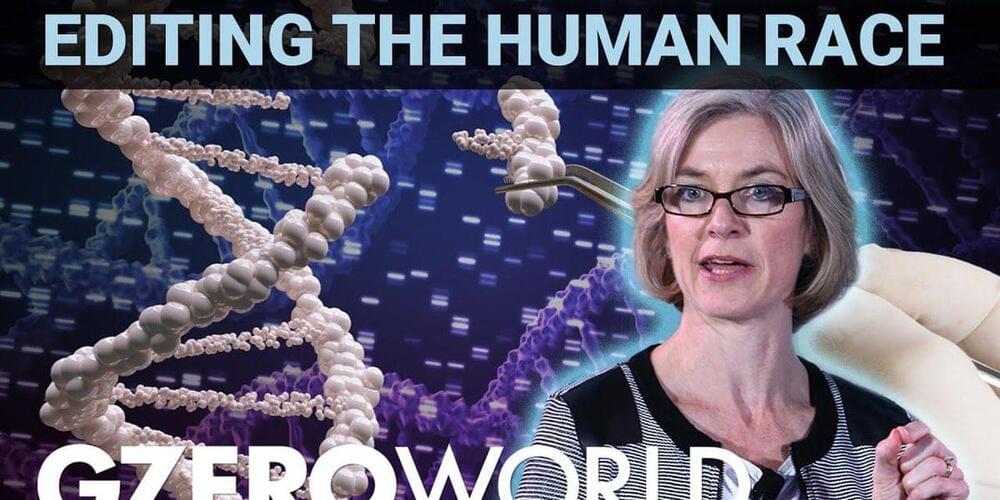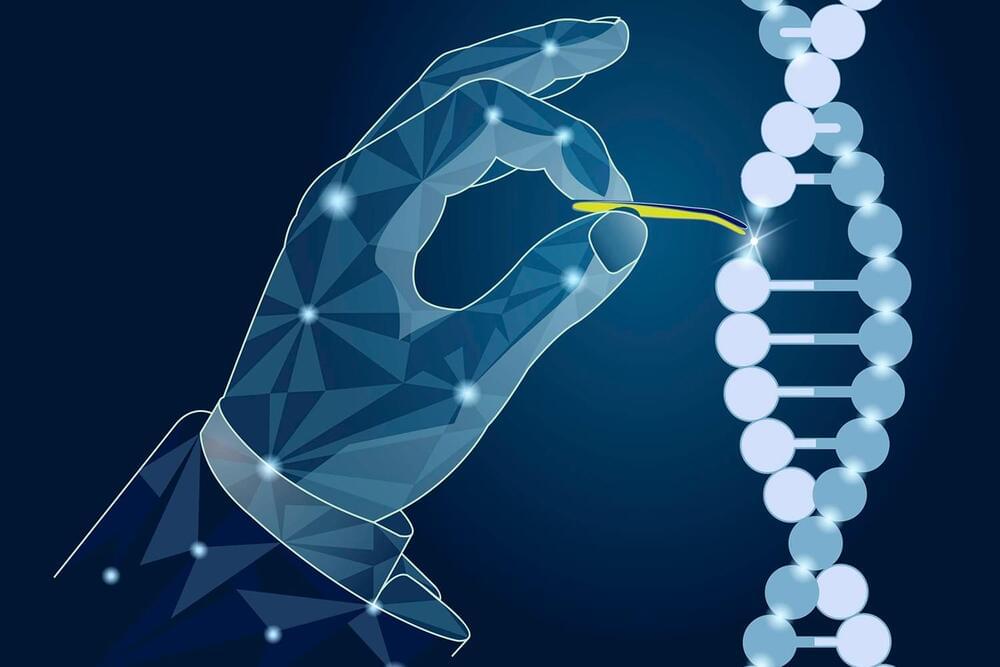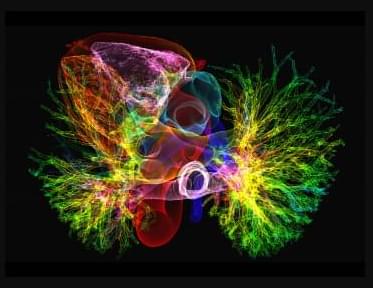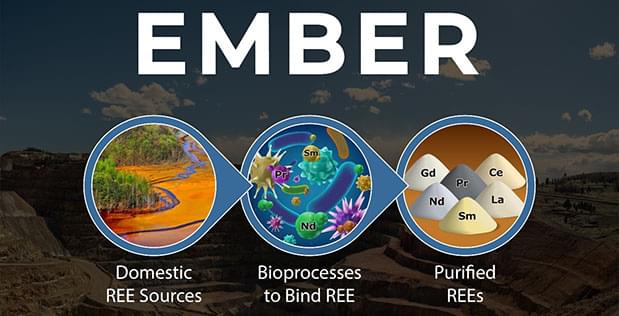
Program aims to fortify supply chain by utilizing bioengineering approaches to facilitate REE separation and purification.
Rare Earth Elements (REEs) are a group of 17 similar metals that are critical material components of many DoD systems, including lasers, precision-guided weapons, magnets for motors, and other devices.1 Although the U.S. has adequate domestic REE resources, its supply chain is vulnerable due to dependence on foreign entities for separation and purification of these elements. “Biomining,” an approach that uses microbes to extract or separate target metals like gold or copper from a variety of sources is not yet useful for REEs because of poor specificity and selectivity of the microbes for REEs. The Environmental Microbes as a BioEngineering Resource (EMBER) program aims to leverage advances in microbial and biomolecular engineering to develop a scalable bio-based separation and purification strategy for REEs using under-developed domestic sources.
“The EMBER program will aim to fill a critical DoD supply chain gap” stated Dr. Linda Chrisey, EMBER program manager. “The program will target the development of bioengineered organisms/biomolecular approaches for REE purification, then translate these to practical biomining modules (e.g., biosorbent, biofiltration) that can be integrated with domestic REE sources.”
Continue reading “Developing Cohesive, Domestic Rare Earth Element (REE) Technologies” »
